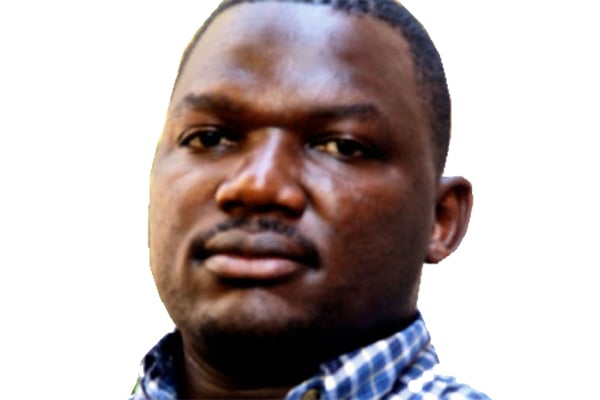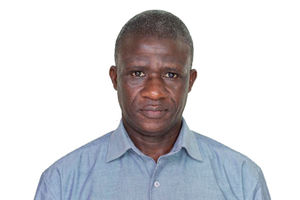
Gertrude K Othieno
In every society, the term “elite” evokes a mix of admiration, envy, and resentment. But who exactly are these elites wielding such influence? Traditionally, the elite are defined as a small group holding disproportionate wealth, power, and influence. This group is found across politics, business, academia, and the media.
Consider the United States, where the elite include billionaires like Jeff Bezos and Elon Musk, whose economic clout shapes global markets, and political figures whose decisions steer the nation’s course. In Uganda, the elite might be seen as top government officials, influential business people, and high-ranking academics. However, the boundaries of this group are less clear.
In Uganda, there is a misconception that the elite are defined by their level of education. This is not surprising in a society that highly values education. However, there is no clear benchmark for who qualifies as elite based solely on educational attainment. Is it about holding advanced degrees, or does general education suffice? Furthermore, does sophistication and etiquette, often associated with the elite, necessarily come from formal education? Or is this yet another illustration of the confusion obtained from colonial education?
Take, for instance, Gordon Wavamunno, an entrepreneur without a university degree, who has built a thriving business and employs hundreds of people. Is this individual less elite than a professor with multiple degrees but lacking social power and connections? This dichotomy between the educated and non-educated elite in Uganda complicates the narrative.
This blurred line challenges the conventional wisdom equating higher education with elite status. After all, sophistication and etiquette, traits commonly associated with the elite, can often be acquired without higher education. So, is a successful business mogul without a degree less elite than a civil servant with advanced qualifications?
Ugandans frequently blame the elite for the country’s developmental issues. But who exactly are these elites? Do they include civil servants, whose bureaucratic influence shapes public policy and service delivery? If so, do they fit into the traditional definition of the elite, or are we using the term too loosely?
To address these questions, we must create terminologies that resonate with our own experiences. The term “elite” must reflect our unique social and economic realities. In different societies, who is defined as elite varies significantly. For instance, in India, business tycoons and Bollywood stars might be considered elite, while in Sweden, the term might include top scientists and public intellectuals.
When discussing elitism and its impact on national development, it’s crucial to ensure that we are speaking the same language. Misunderstandings can arise if we don’t acknowledge the nuances and specific contexts shaping the concept of the elite in different countries.
Language and linguistics are powerful tools in development. They shape our perceptions, dialogues, and ultimately, our policies and actions. By refining our understanding of the elite and tailoring it to our context, we can better address the challenges and harness the potential of this influential group to drive Uganda’s development forward.
In Uganda, the concept of the elite is not just a matter of education but also one of influence, social power, and economic impact. It’s not enough to focus solely on academic qualifications. The reality is far more complex and requires a broader understanding. Entrepreneurs without formal education but with significant societal contributions challenge the traditional notion of elitism. They highlight the need to appreciate different forms of influence and power.
This nuanced understanding of elitism can help us pinpoint who holds the real power in Uganda and how they can be held accountable for their role in development. It can also help us identify new elites—those who, regardless of their educational background, have the capability and responsibility to drive progress.
In conclusion, by critiquing the meaning of elitism in Uganda, we can foster a more inclusive and effective approach to development. Recognising the diverse forms of influence and contribution can lead to better policies and initiatives that harness the strengths of all sectors of society, driving the nation towards a more equitable and prosperous future.
Ms Kamya Othieno is a Development and Political Sociologist
Email: [email protected]




